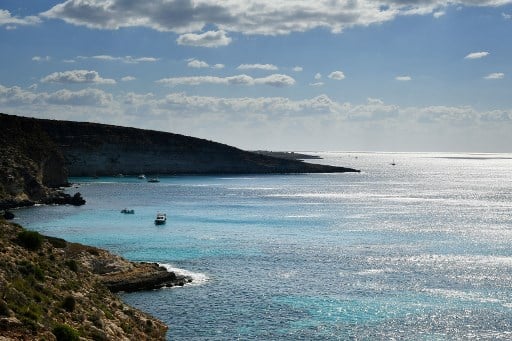Switzerland also advised its citizens against travel to Libya because of the precarious security conditions and those in the country to leave “if possible”. Forty-six Swiss citizens, mainy of them dual nationals, were registered with the embassy in Tripoli.



 Please whitelist us to continue reading.
Please whitelist us to continue reading.